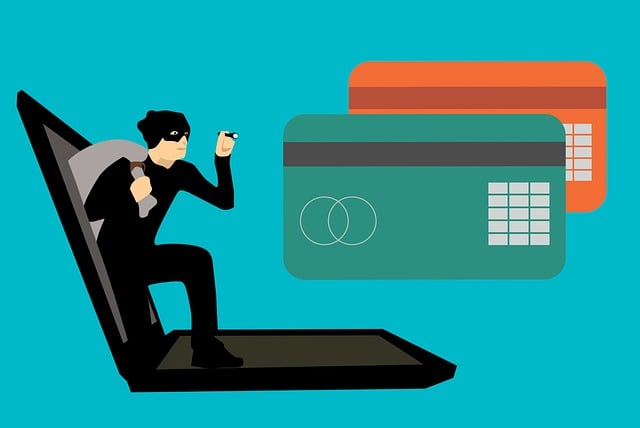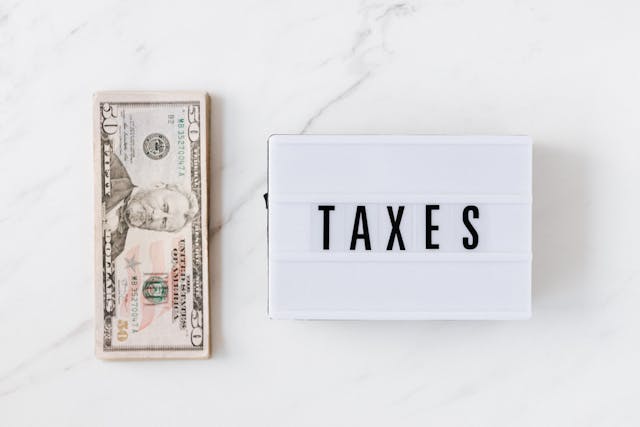
In recent months, the landscape for job applicants has changed considerably. Most interviews are now conducted through video links rather than in person, as many office tasks can be performed from home. Therefore, remote work has become the norm. This indicates that you might begin a new job before meeting your co-workers or bosses.
Consequently, many businesses place even more importance on background investigations. So, what can you do to ensure that you aren’t creating obstacles in your quest for employment? Here are a few pointers to help you prepare for and pass a background check for employment.
What is a Background Check?
Employers typically conduct background checks as part of due diligence, including background checks, criminal history check, and following up with your references. Your potential employer’s screening can change depending on the employment. Almost every employer must conduct right-to-work and work reference checks as part of the hiring process, which entails contacting any previous employers you listed when applying for the position. You may be subjected to a more extensive background check if the position you seek involves senior leadership or includes working with vulnerable populations, such as children.
It’s crucial to be honest when asked to fill out a pre-employment screening form. These checks ensure you’re qualified to work for the company and won’t pose a risk. Your employer may do a background check before you are formally offered the position. Once you’ve joined the company, it may be the final step in the onboarding process.

Types of background Checks in an Organization
There are three disclosure levels for background checks at the workplace. The required level will vary depending on the job and the duties involved. These disclosure levels are:
- Basic level disclosure. This is a general check that anyone who needs certification can use. Personal license holders, couriers, and others frequently use it.
- Standard level disclosure. To be eligible for this level of disclosure, one must meet specific legal requirements. This thorough examination is frequently required for professions such as accountants or solicitors.
- Enhanced level disclosure. This rigorous check is subject to eligibility under legal requirements. This disclosure is necessary for people who intend to work with vulnerable individuals.

5 Tips for Passing Workplace Background Checks
1. Check your credit score
Even if you believe your credit history has no bearing on the job you’re applying for, it’s vital to assess your credit history. Many companies are increasingly checking this type of information because they believe it provides valuable insight into a candidate’s character.
Therefore, obtain a copy of your credit file and review it to be ready for this stage. Notify your creditor if you notice anything on it that doesn’t look correct. You can challenge any inaccuracies on your report, but doing so may take some time – therefore, you should check your credit frequently. Keep in mind that although it may be unlawful for employers to check your credit score, it’s usually acceptable for them to obtain your credit report.
2. Evaluate your driving record
You should be ready to explain any inconsistencies if the employer you’re applying to requests a copy of your license. You’ll be less likely to be caught off guard if you can anticipate any inquiries they might ask. There could be a perfectly reasonable explanation for a minor blemish on your driving record. Make sure you can explain its purpose and contextualize it.
3. Request your previous employers for copies of your work record
Contrary to popular perception, there are sometimes no constraints on the details a former employer can reveal about you. Different states may have various regulations on what information can be shared if your employer is located there. However, irrespective of the state where you work, you can still contact your previous employers and request copies of your work record. By doing this, you can avoid any uncomfortable inquiries from references.
4. Find out about local employment legislation
You don’t have to reside near your place of employment because many jobs these days can be done from home. However, this can indicate that you’re not following the rules that your potential employers are observing. Therefore, do your research to understand your rights and avoid unpleasant surprises.
Nowadays, many employers conduct drug tests. Make sure you’re aware of any prohibited substances in the state and city you’re applying for employment. Additionally, ensure you can explain any legal prescription pills you’re taking that might be prohibited in some regions but not others. If you’re direct and honest, you have a considerably better chance of successfully coming out of the situation.
5. Beat your employers to it
If you know there will be something negative in a background check, it may be better to discuss it with your potential employer instead of waiting until they find out on their own. If you’re the one to bring it up, you can explain any extenuating circumstances which might have a massive impact on how they view you.

Conclusion
Suppose you believe that information about your credit, criminal history check, or driving records could jeopardize your work opportunities. In that case, you should scrutinize the information that may be available in public records. By scrutinizing this information and, if possible, cleaning it up, you might improve your chances of avoiding needless negative influence during a background check by an employer.





